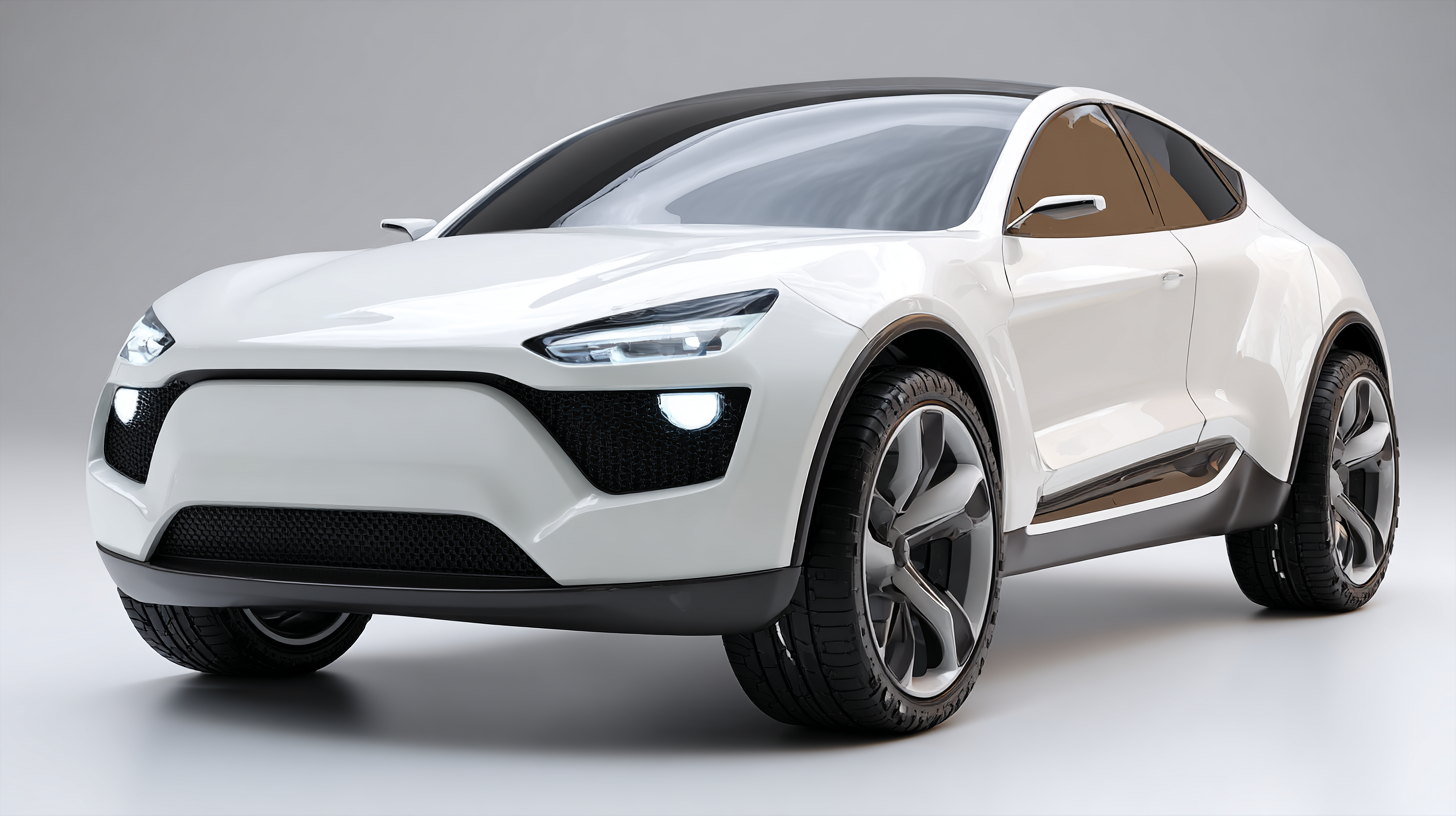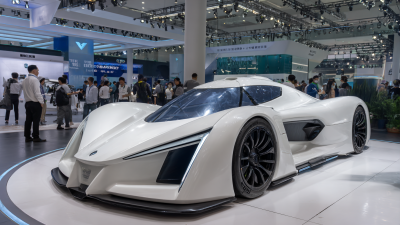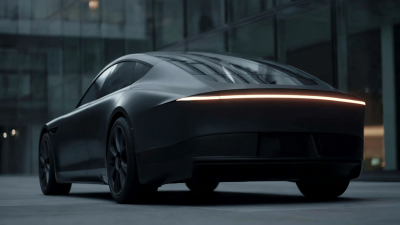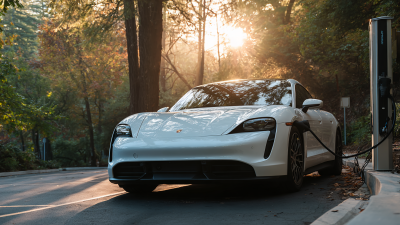The rapid evolution of the electric car industry is transforming the automotive landscape, driven by advancements in technology and a growing commitment to sustainability. According to a report by BloombergNEF, electric vehicles (EVs) are projected to account for 58% of global passenger car sales by 2040, showcasing a significant shift from traditional internal combustion engines. This transition is not only fueled by advancements in battery technology, which have seen costs decrease by nearly 89% since 2010, but also by increasing consumer demand for environmentally friendly transportation options. Furthermore, governments worldwide are implementing stricter emissions regulations and incentivizing EV adoption through subsidies and infrastructure development. As we explore the future of electric cars, it becomes clear that innovations in design, performance, and sustainability will shape the industry, making electric vehicles a cornerstone of the transportation ecosystem in the coming decades.
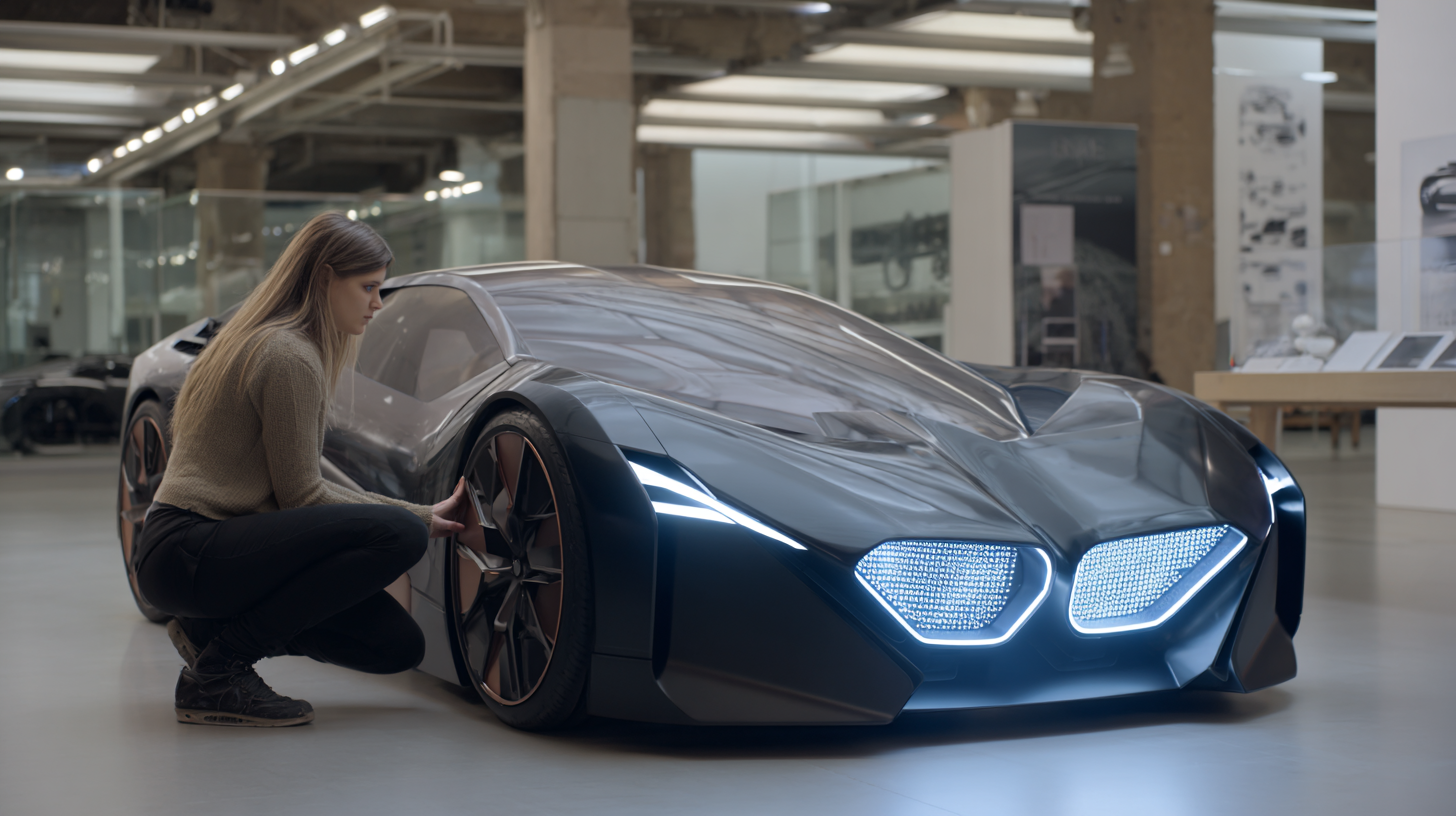
The evolution of electric car technologies is poised to shape not only the automotive industry but also the broader landscape of sustainable transportation. As reported by the International Energy Agency (IEA), global electric vehicle (EV) sales surged to 6.6 million units in 2021, more than doubling from the previous year. This exponential growth highlights a shift in consumer preferences towards greener alternatives. Furthermore, advancements in battery technology, such as solid-state batteries, promise higher energy densities and shorter charging times, offering a glimpse into a more efficient future for electric vehicles.
 As we look ahead, innovations in charging infrastructure play a crucial role in supporting this transformation. According to a recent study by BloombergNEF, the expansion of fast-charging stations is expected to grow at a compound annual growth rate (CAGR) of 29% through 2030. This development not only enhances EV usability but also aids in reducing range anxiety among potential buyers.
As we look ahead, innovations in charging infrastructure play a crucial role in supporting this transformation. According to a recent study by BloombergNEF, the expansion of fast-charging stations is expected to grow at a compound annual growth rate (CAGR) of 29% through 2030. This development not only enhances EV usability but also aids in reducing range anxiety among potential buyers.
Tip: If you're considering purchasing an electric vehicle, stay informed about local charging options and incentives available in your area, as these can significantly enhance your ownership experience.
In the coming years, the integration of smart technologies, such as vehicle-to-grid (V2G) systems, could revolutionize how we manage energy consumption and distribution. By allowing EVs to connect back to the grid, this bidirectional charging capability can contribute to energy conservation and sustainability, making electric vehicles a key component of a more resilient energy future.
Tip: Look for models that support V2G technology to maximize your vehicle's potential in contributing to a sustainable energy ecosystem.
As the electric vehicle (EV) market continues to expand, the necessity for sustainable charging solutions becomes increasingly vital. One of the most promising avenues for fostering environmental enhancements is leveraging renewable energy sources to power EV charging stations. Solar, wind, and hydroelectric power can significantly reduce the carbon footprint associated with traditional energy generation, leading to a cleaner and more sustainable future for electric transportation.
**Tip:** When choosing a charging station, consider ones that utilize renewable energy. This not only contributes to lowering greenhouse gas emissions but can also result in lower charging costs and greater energy independence.
Integrating renewable energy into EV charging infrastructure also presents an opportunity for technological innovation. For instance, solar panels can be integrated into charging stations, allowing these stations to generate their own electricity. Furthermore, energy storage solutions, like batteries, can ensure that power generated during sunny or windy days can be used during peak demand times, maximizing efficiency.
**Tip:** Look for options that include smart charging technology. These systems can analyze energy demands and replenish energy from renewable sources when it's most available, optimizing the sustainability of your charging experience.
The future of electric cars is closely tied to advancements in battery technology, which plays a crucial role in determining the performance, range, and sustainability of electric vehicles (EVs). Innovations such as solid-state batteries promise to enhance energy density, significantly increasing the mileage an EV can achieve on a single charge. These cutting-edge batteries not only reduce charging times but also minimize the risk of fire, addressing some of the safety concerns associated with current lithium-ion technology.
Moreover, improvements in battery recycling processes are essential for a sustainable EV ecosystem. As the market for electric cars grows, so too does the need for efficient recycling methods that can recover valuable materials from old batteries. By investing in sustainable practices and innovations that allow for the reuse of battery components, manufacturers can reduce the environmental impact associated with battery production and disposal. Ultimately, the evolution of battery technology is not just about improving performance; it's also about ensuring a responsible and sustainable future for electric transportation.
| Innovation Name | Description | Impact on Sustainability | Year Introduced |
|---|---|---|---|
| Solid-State Batteries | Batteries using solid electrolytes instead of liquid ones, offering higher energy density and improved safety. | Reduced reliance on lithium; potential for lower carbon footprint in production. | 2025 |
| Battery Recycling Technologies | Innovations to recover valuable materials from used batteries, reducing waste. | Minimizes environmental impact and conserves resources. | 2023 |
| Fast Charging Solutions | Technologies allowing electric vehicles to charge in significantly less time. | Increases convenience and may encourage adoption of electric vehicles. | 2024 |
| Wireless Charging | Technology that enables electric vehicles to charge without plugging in. | Reduces wear on connectors and encourages more charging opportunities. | 2026 |
| Biodegradable Batteries | Batteries made from biodegradable materials, reducing environmental impact. | Significantly less pollution and waste during disposal. | 2027 |
As electric vehicles (EVs) continue to gain traction globally, the role of government policies and incentives in facilitating their adoption has become increasingly evident. In India, for example, the electric vehicle market is witnessing rapid growth, spurred by favorable government policies aimed at enhancing sustainable mobility. The draft EV Policy 2025 in Odisha projects an ambitious target of achieving 50% electric vehicle adoption by 2030, reflecting a commitment to green initiatives. Similarly, Delhi's proposed EV Policy 2.0 aspires for an impressive 95% adoption rate by 2027, underscoring the state's dedication to a cleaner transport future.
Conversely, the lack of federal incentives in the U.S. has raised concerns about potential stagnation in EV adoption and the consequent impact on emissions. Experts warn that the expiration of subsidies could result in a significant slowdown, highlighting the critical nature of policy support in nurturing the EV ecosystem. Research indicates that states with robust EV policies experience sales growth rates that can be as much as 211% higher than those without such frameworks, showcasing the direct correlation between policy effectiveness and market expansion. These insights underline the importance of strategic government actions in shaping the future landscape of electric vehicles.
The electric car market is driven by a myriad of consumer trends and preferences that reflect a shifting mindset towards sustainability and innovation. Today’s consumers are increasingly aware of their environmental impact, leading to higher demand for electric vehicles (EVs). Factors such as government incentives, advancements in battery technology, and the expanding charging infrastructure further motivate potential buyers. As more people prioritize eco-friendly choices, the electric car market is seeing a significant shift towards greener alternatives.
Tips: When considering an electric vehicle, research local incentives that can reduce the overall cost. Furthermore, look into the availability of charging stations in your area to ensure convenience in ownership. Understanding the total cost of ownership, including savings on fuel and maintenance, can greatly influence your decision.
Another emerging trend among consumers is the desire for smart technology integration in their vehicles. Features like advanced driver-assistance systems, connectivity with smart devices, and enhanced safety features are becoming crucial selling points. As automakers innovate, the demand for EVs with cutting-edge technology is likely to rise, reflecting consumer preferences for both sustainability and convenience.
Tips: Always check for software updates and new features that enhance your EV experience. Joining local EV forums can provide insights into real-world performance and satisfaction, helping you make informed decisions.
